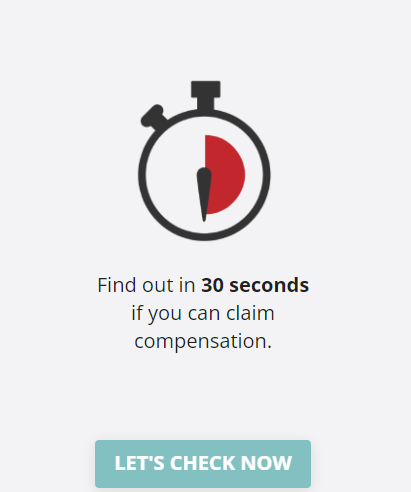What steps should I take if I am injured at work?
An accident at work can be dealt with in a common law action for damages. All workers in Queensland who can prove negligence against an employer and who have a work-related injury can bring a claim.
Your employer is covered for the cost of this by WorkCover Queensland through their accident insurance policy.
If injured, we can help you bring a compensation claim. We do this with a no win no fee guarantee, which means if we don’t win your claim, you don’t have to pay our fees. If you have questions you’re welcome to call, chat or email us to assess your claim. There is no cost or obligation.
We’ve outlined six steps you should take if you have an injury at work below…
STEP 1 - Report the work injury to your employer
Report the injury to your employer as soon as possible and ensure that details of the incident of injury are accurately recorded by your employer.
If possible, try to take photographs of the accident scene, any defective equipment (including make, model and the defect), or anything else you consider contributed to your injury occurring.
Also, take down the names and contact details of any witnesses to the event.
Additionally any workplace health and safety issues (e.g. unsafe work system, workplace or equipment) which you consider caused or contributed to your work injury occurring, retain copies of all reports and accident records.
STEP 2 - Seek medical treatment for your work injury
You should also seek medical treatment for your work injury as soon as possible, so that your doctor can record your injuries and also, record how your injuries occurred.
Be aware that you are quite entitled to see your own doctor – you are under no obligation to see a doctor at your employer’s direction.
Also, you will need a special Medical Certificate from your doctor to provide to Workcover Queensland for your Workers’ Compensation claim, which your doctor should be aware of.
STEP 3 - Tell your doctor all of the injuries you sustained in the work incident
When you see your doctor, ensure you tell them all of the injuries you sustained in the work incident, no matter how minor, as well as how your injuries occurred.
Try to be as accurate as possible so there is no confusion as to the cause of your injuries and what injuries you sustained, when you wish to later bring a claim.
But be aware, doctors usually record what you tell them, so keep your comments to your doctor concise and accurate.
Don’t confuse them with information which may compromise any claim you may wish to make in the future.
STEP 4 - Record all the injuries sustained in the work
If you are making an application for workers’ compensation claim for your work injury, you need to be careful to record all the injuries sustained in the work event and what caused those injuries.
The workers’ compensation insurer will rely on this document when assessing your entitlements to workers’ compensation, and also in any future Common Law claim, so you need to be concise and accurate in what you record in this document.
Provide sufficient information to advise of all injuries sustained in the event, and for the insurer to understand how those injuries were sustained, but don’t confuse the insurer with unnecessary or irrelevant information which may end up compromising your claim.
STEP 5 - Strict time limits apply
Remember, strict time limits apply to both making a claim for workers’ compensation and damages in cases of work injury.
STEP 6 - Contact your lawyer about your work injury
We would recommend that you contact The Personal Injury Lawyers (us!) as soon as possible to ensure any claims you have as a result of your work injury are protected.
How much compensation did other people get awarded for their injuries?
To help you understand more how much other people were awarded for their compensation claims, (who may have similar injuries to you) we pulled together some helpful, real life personal injury payout examples..
These include compensation for injury at work as well as car accident injuries, workplace injury and slips, trips and falls. You may have suffered an injury that means that you can’t return to work. We assess the type of injury that you have suffered and will look at current medical reports, the costs of your future medical treatment, along with important factors such as whether you are left with a total and permanent disability.
How much compensation will I get for my accident?
If you seek compensation, our compensation calculator gives a basic indication how much compensation you may be able to claim.


